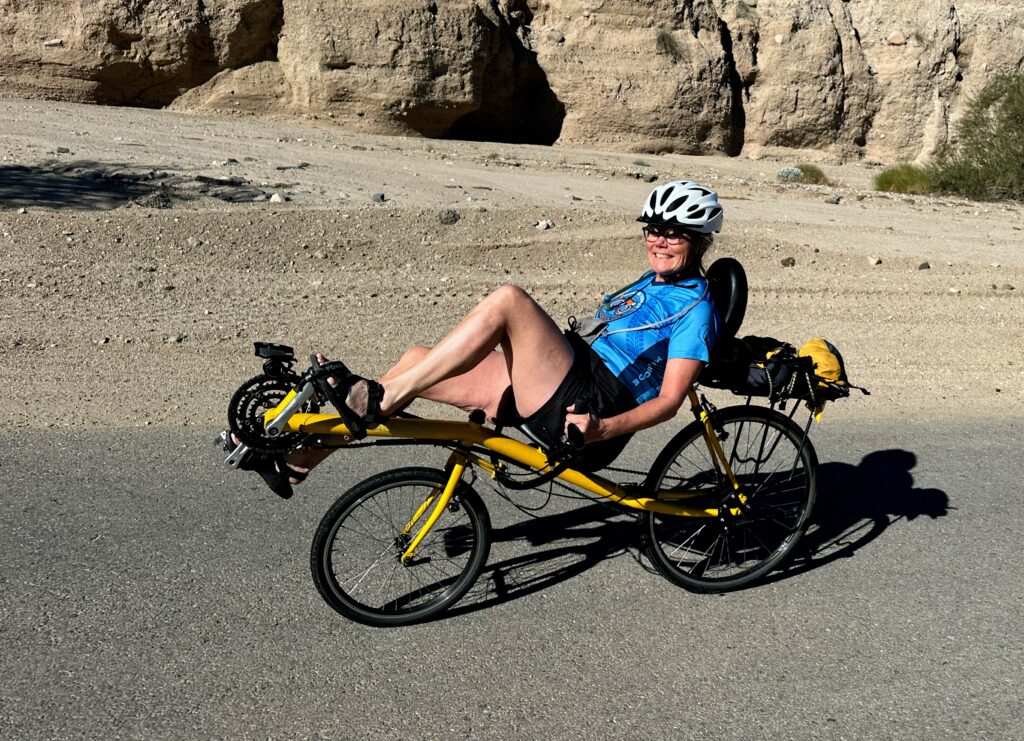Getting To Know MHF: Donna Minter
Meet MHF’s Board Chair! Psychologist Donna MinterMHF is first and foremost a FELLOWHIP – we only exist because of our members! In this new series,
Cate interviews each Board Member so you can get to know MHF’s leadership more deeply. We start with Donna Minter, MHF’s Board Chair!
1. Tell us how you first become interested in pursuing a career in health and healthcare? What drew you to your field and how did you initially hope to serve others through healthcare?
My late father, Don Minter, who was a family physician and my mother Marty Minter, who was an educator encouraged me to seek a service-oriented profession. Growing up in Goshen Indiana and attending College Mennonite Church and Bethany Christian High School provided a wealth of role models of people committed to caring for others. When I was a pre-teen, I recall my father saying to me, “Donna, 80% of my patients simply need someone to listen to them.” In response, after first pursuing social work and I eventually decided to study clinical psychology which led me to become a pediatric neuropsychologist working in hospitals and clinics and eventually a forensic psychologist, providing mental health evaluations in the criminal legal system.
2. What has been the most challenging, and the most exciting thing about serving in your area of healthcare?
The most challenging part of working in US healthcare is confronting ego-driven hierarchy of the medical and insurance systems that are focused on profit over patient care. The most exciting thing is finding colleagues who also want to buck these systems by being committed to collaborative patient-focused care. This is why being a part of MHF is so important to me because in MHF I can comfortably assume that others are also committed to finding ways to discuss and practice living our Christ-centered Anabaptist beliefs within the healthcare profession.
3. What do you feel your area of healthcare has to teach the rest of us about holistic health?
Psychology is the scientific study of the mind and behavior. Without understanding the role our mind and behaviors play in our lives and the lives of those around us, holistic health is not possible. Physical health is impacted by psychological health, and psychological health is impacted by physical health. Pursing psychological health along with physical health and spiritual health leads to holistic health.
4. How do you bring your Anabaptist faith into your healthcare practice? What are the particular joys of being an Anabaptist provider and what are some of the challenges?
At the foundation of my Anabaptist faith’s influence on my healthcare practice are Jesus’ first and second greatest commands to love God with my heart soul, and strength and to love my neighbors as I love myself. My “how” of practicing healthcare from my Anabaptist faith is summed up with Doris Janzen Longacre’s 5 Life Standards applied the healing profession:
(1) Do justice for the health and well-being of all
(2) Learn from the world’s health wisdom and communities
(3) Nurture all people’s health and well-being
(4) Cherish the natural order for healthy bodies and the earth, and
(5) Nonconform freely to serve, care and live as Jesus taught.
I experience joy when I practice these standards in various ways and my patients and colleagues respond positively to my efforts. The challenges come when patients and/or colleagues do not recognize the value of what I have to offer.
5. What does MHF bring to you and what made you decide to serve on the MHF Board?
MHF provides me with meaningful relationships with healthcare professionals who are committed to the same Jesus-centered practices/values/life standards as me. I decided to serve on the MHF Board to create deeper community for myself and others. I have to do my part to invest in this community that provides what I do not and cannot access anywhere else as a healthcare professional.
6. What are three hopes you have for MHF and how will we serve in the next 3 years?
#1 I hope MHF’s membership grows to at least 200 active members from around the global.
#2 I hope that MHF’s annual budget will increase so that we can afford a communications staff person so that our executive director can focus on program development and implementation to allow MHF to actively practice its mission to:
1. Nurture the integration of faith and practice
2. Provide opportunities for dialogue on health-related issues
3. Address specific needs through education, advocacy, and service.
#3 Achieve monthly giving by 80 MHF members by the end of 2024 to allow us to go beyond simply supporting our Executive Director. This financial support will provide funding for a part-time communications staff person, MHF regional gatherings, monthly virtual support gatherings, programs, and trainings that are also available to our international members, and
provide the necessary funds to underwrite our Annual Gathering, that next year will be at Laurelville Retreat Center in Mount Pleasant, PA on Friday-Sunday, September 27-29, 2024.

